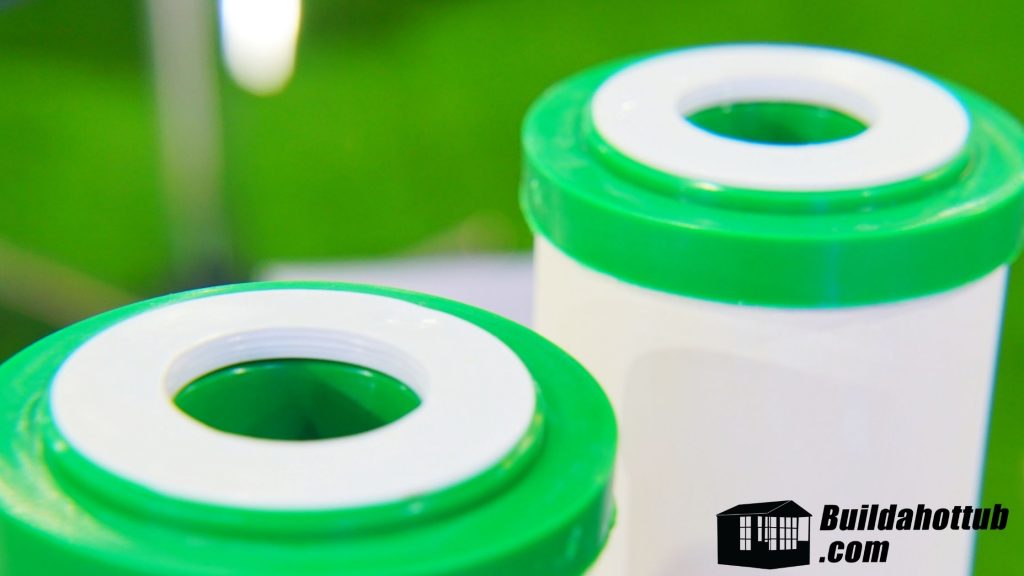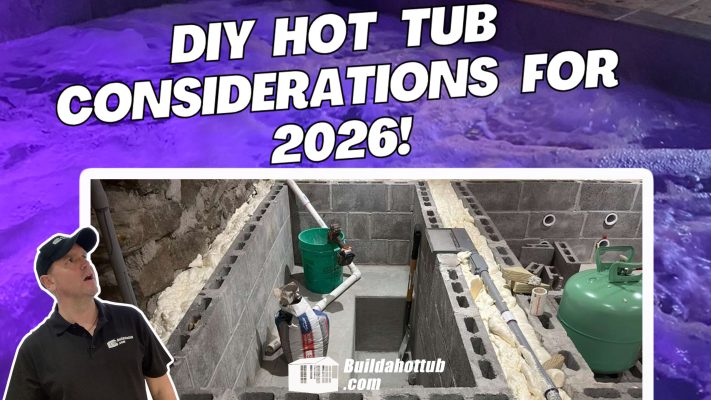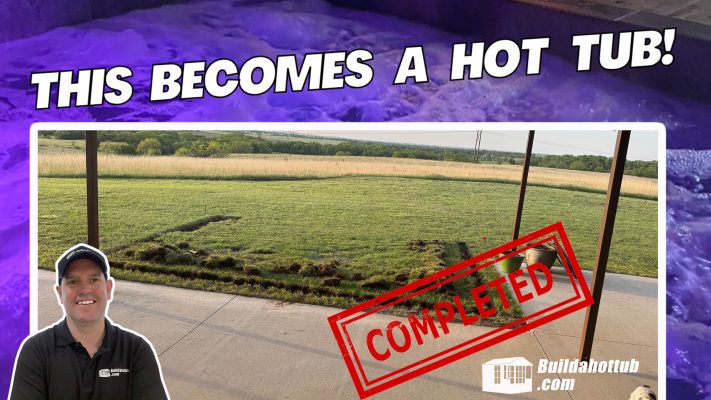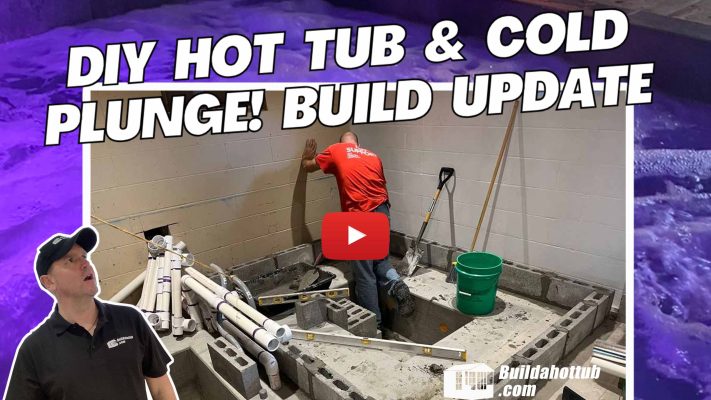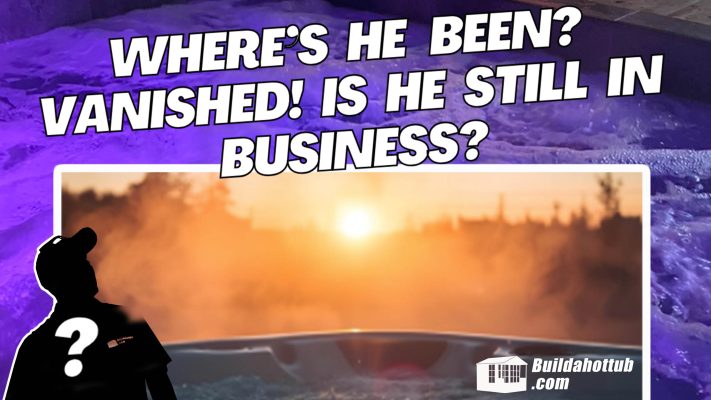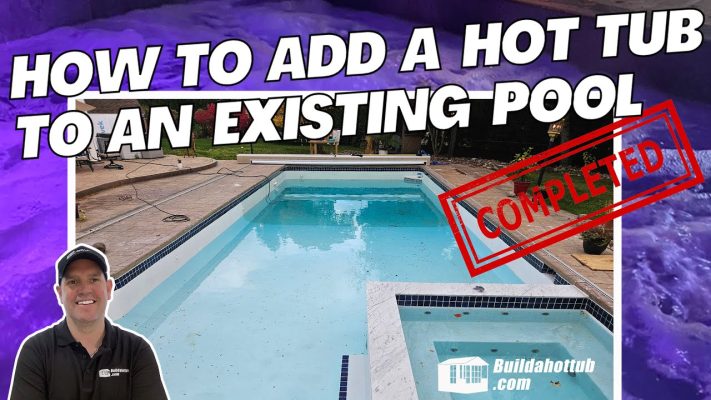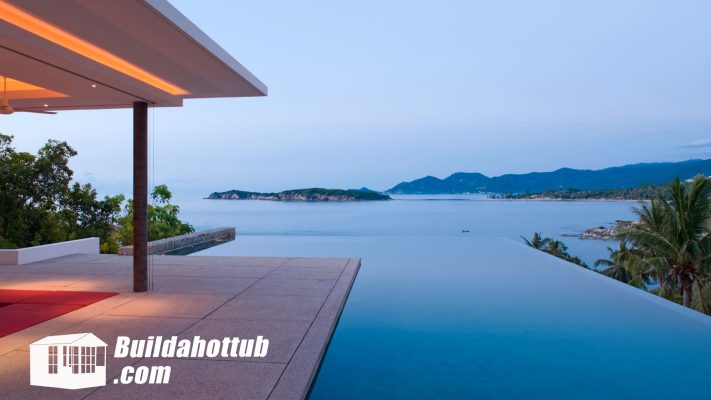Cartridge filters and sand filters are two of the most popular hot tub filters. There is no right answer to whether you should use one or the other, but there are some important differences between them that you should be aware of before making your choice:
Both these kinds of filters have their own pros and cons and my goal is to give you enough information that you’re able to make an informed decision on which one to go for.
What is a cartridge filter?
A cartridge filter is a pleated polyester pad housed in ABS plastic, surrounded by an inflated bladder. It attaches to the back of your hot tub, using a simple system of hollow tubes, water pressure, and gravity to push dirty water through the filter before returning clean, filtered water back into the spa.
What is a DE Filter?
The most common type of cartridge filters (also called diatomaceous earth (DE) filters) use DE powder as their filtration media. This absorbent dust is made from crushed fossilized shells that naturally attract dirt particles in water when they come into contact with each other. Think about how mud gets dirty after you walk through grass or on a beach: that’s because tiny dirt particles become trapped between rocks and sandy areas during high water.
A DE filter works the same way, capturing dirt and debris between the thousands of microscopic holes in the diatomaceous earth grains.
How Does a Cartridge Filter Work?
A cartridge filter acts as a barrier that prevents bacteria and contaminants from passing through. This helps to keep “friendly” bacteria separate from dirt, reducing the risk of contamination and ensuring crystal-clear water in your hot tub.
What Sizes Do Cartridge Filters Come In?
Cartridge filters come in various sizes to suit different hot tubs. The most common sizes include:
- 4″ x 23″
- 11″ x 40″
The size needed depends on how much water your hot tub holds.
For most DIY-built hot tubs, a 50-square-foot filter is more than enough to keep the water clean and well-maintained.
How Long Do Cartridge Filters Last?
The lifespan of a cartridge filter depends on several factors, including:
- Frequency of use – More usage means more frequent replacements.
- Water type – Hard well water requires more frequent changes compared to soft city water.
- Maintenance routine – Proper chemical balance extends filter life.
If your pH levels are stable and your chemical balance is maintained, your filter will last longer. Using a salt treatment system can also help by reducing mineral buildup and preventing clogging.
Cartridge Filter Care
To keep your cartridge filter working efficiently, regular cleaning is essential. Follow these steps:
- Monthly Deep Clean – Remove the filter and soak it in a cartridge cleaner overnight.
- Power Wash – After soaking, rinse thoroughly with a power washer to remove buildup.
- Check Chemical Levels – Ensure your spa’s water chemistry is balanced to prevent excessive clogging.
A dirty filter won’t function properly, even if your chemical levels are correct. Regular maintenance is key to ensuring clean, clear water.
What is a Sand Filter?
A sand filter is a highly effective filtration method originally designed for swimming pools. It consists of a drum-like container filled with 150 to 200 lbs of sand, which traps impurities as water passes through.
- Placement – Installed underneath the spa in a down-flow system.
- Function – Water passes through sand beads, filtering out dirt and debris before re-entering the spa.
- Maintenance – Requires occasional backwashing to prevent clogging.
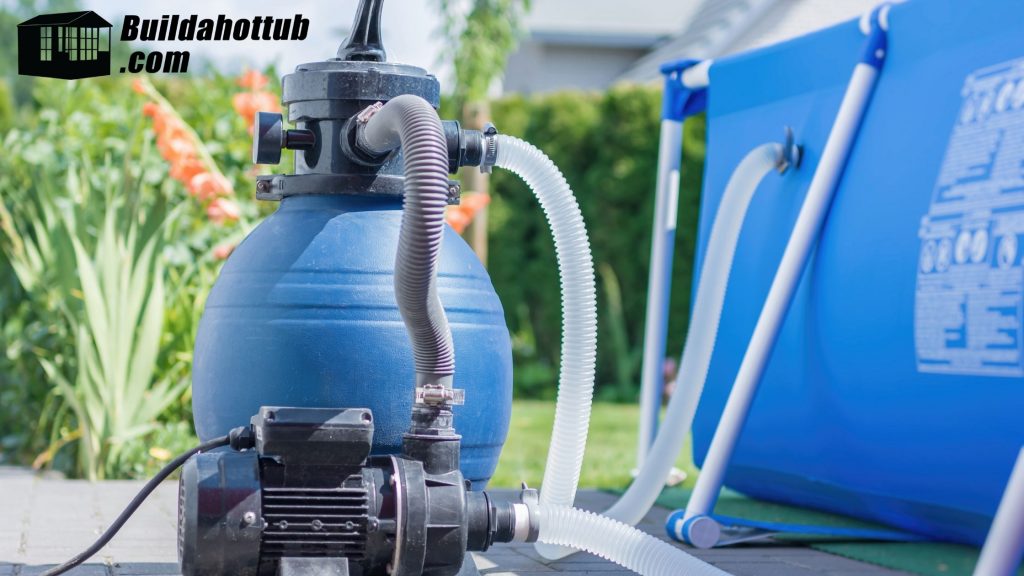
How Often Do You Need to Change the Sand?
- Once a year – Full sand replacement is recommended annually.
- Every season – Adding a couple of inches of fresh sand helps maintain performance.
- Backwashing – Ensure backwash water reaches ¾” past the top layer for proper cleaning.
Cartridge Filters vs. Sand Filters
- Cartridge Filters – Less abrasive, contain granulated activated carbon, and have larger pores for filtration.
- Sand Filters – Require more maintenance but provide highly effective filtration for large volumes of water.
For most DIY hot tubs, cartridge filters are the better choice due to their ease of use and maintenance. However, if you have a larger spa or want more advanced filtration, a sand filter may be worth considering.
How Do You Clean a Sand Filter?
Sand filters are easy to clean and require minimal maintenance. To backwash the filter:
- Turn on the water supply – Allow it to flow through the system for about 5 minutes.
- Let the system flush out debris – This clears accumulated dirt and impurities.
Beyond occasional backwashing, sand filters require little upkeep, which is why they are popular among pool ownerslooking for a low-maintenance filtration system.
When Should You Use a Sand Filter?
A sand filter is ideal if:
✔ You have issues with high chlorine levels or heavy metals in your water.
✔ You need filtration for large water volumes, like swimming pools or spools (small pools).
✔ You want a durable, long-term solution with minimal maintenance.
Which Hot Tub Filter Should You Use?
If you are building a DIY hot tub, a cartridge filter is the best option. Here’s why:
✔ Affordable – Cartridge filters are cheaper than sand filters.
✔ Easy to maintain – Simple monthly cleaning keeps them working efficiently.
✔ Ideal for spas and hot tubs – Most hot tubs are designed to use cartridge or diatomaceous earth (DE) filters.
However, if you’re building a spool, cocktail pool, or full-size swimming pool, then a sand filter is the better choice due to its high filtration capacity and low maintenance requirements.
Final Thoughts
If you’re building a DIY hot tub, a cartridge filter is the way to go. It’s affordable, easy to maintain, and perfect for smaller water systems. Regular cleaning ensures it stays efficient without much hassle.
On the other hand, sand filters are better suited for larger pools, cocktail pools, or spools. While the initial cost is higher, they require less maintenance in the long run, making them a great choice for those who want a low-upkeep filtration system.
Choose the filter that best suits your needs, and enjoy crystal-clear water in your hot tub or pool!
Happy Hot Tubbin’!
– Andi
Can I Help You?
If I can help you in any way I would love to hear from you. You can get in touch using the form below.
Thanks - Andi
 Hi, Andi here. I own Buildahottub.com and also write all of the articles and info pages on the site. Some years back now, I built my own hot tub but struggled to find the information I needed. So, once my tub was complete, I started this website to help others in their own pursuit of hot tub and plunge pools DIY building information.
Hi, Andi here. I own Buildahottub.com and also write all of the articles and info pages on the site. Some years back now, I built my own hot tub but struggled to find the information I needed. So, once my tub was complete, I started this website to help others in their own pursuit of hot tub and plunge pools DIY building information.
Fast forward to 2025, I've helped over 1400+ DIY customers just like you all over the world build hot tubs and pools. Have a good look around the site, there are lots of resources here. Please do get in touch if I can help you. - Cheers, Andi

